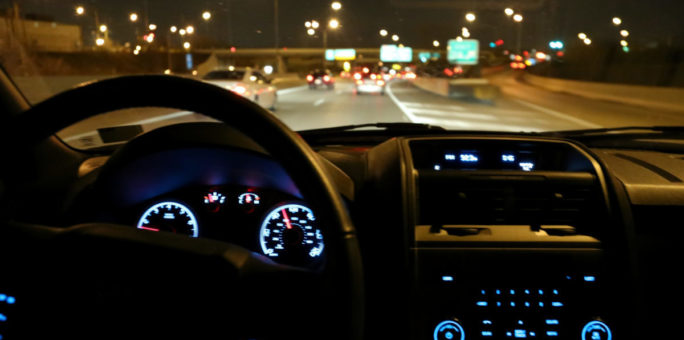The Mirror's Health , Lifestyle and Fashion

Can a driver’s licence be suspended or revoked?
Dear Nat, Under Section 58 of the Road Traffic Act, 2004 (Act 683) and Section 36 of the Road Traffic Regulations, 2012, L.I. 2180, a Licensing Authority may suspend, revoke or cancel a licence granted to any person if the holder's conduct on the road makes the holder unfit to hold that licence.
Advertisement
Before any revocation or cancellation decision is taken, the Licensing Authority shall serve notice in writing on the licence holder with reasons for the revocation.
Apart from the Road Traffic Act and Regulations, the motor vehicles (Third Party Insurance) Act, 1958, which is an Act of Parliament passed to make provision for the protection of third parties against risks arising out of the use of motor vehicles, has a disqualification provision.
The Act provides that no person shall use, or cause or permit any other person to use, a motor vehicle unless there is in force in relation to the user of that motor vehicle such a policy of insurance or such security in respect of third party risks as complies with the provisions of the Act.
The law further provides that any person who acts in contravention of the section shall be liable on conviction to a fine not exceeding two hundred pounds or to imprisonment for one year or to both such fine and imprisonment and a person convicted of an offence under this section shall be disqualified from holding or obtaining a driving licence.
Disqualification under the provisions of the Act shall be for a minimum period of twelve months from the date of the conviction.
What every citizen ought to know is first, it is mandatory to take up a policy of insurance to protect third parties if you intend to use or permit another person to use a motor vehicle on the roads in Ghana.
Secondly, if you use a motor vehicle without an insurance policy, you would have committed an offence which is punishable by a fine, imprisonment or a fine and imprisonment in addition to your disqualification for holding a driving licence for a minimum of one year.
The punishment applies to the person driving the uninsured vehicle at the time of the arrest, as well as the person who permitted the driver to use or drive the uninsured vehicle.
In the case of SIMONS v. COMMISSIONER OF POLICE [1963] 1 GLR 205 Simons was the owner of a Mercedes Benz saloon car driven by his driver at Aboabo No. 1, Kumasi without a policy of insurance as required by the provisions of Section 3 of the Motor Vehicles (Third Party Insurance) Act, 1958.
Simons and his driver were charged with committing a breach of the law. Having pleaded guilty to a charge of committing a breach of Section 3 (2), he was fined £G150 and disqualified from holding a driving licence for one year.
He appealed against the sentence on the grounds that an owner of a vehicle which is not in his control or in actual locomotion cannot be disqualified under Section 3 (2) of the Motor Vehicles (Third Party Insurance) Act, 1958. The appellate court held that the dominant intention of Section 3 of the Act is to impose a duty on the owner of a vehicle to see that his vehicle is insured when used either by himself or by any other person and in addition to a fine, to impose on him or any person who drives an uninsured vehicle, an order of disqualification to ensure obedience to this section.
The case cited above has clearly explained the legal position on who can be disqualified from driving in the event of using an uninsured motor vehicle. An owner of a vehicle’s ignorance of the expiry of his vehicle’s insurance even if he were not in charge is no excuse. It is the owner’s responsibility to note the expiry dates of his vehicle and plan to renew them well in advance of their expiry. An owner cannot pass the buck onto his driver or another person.




